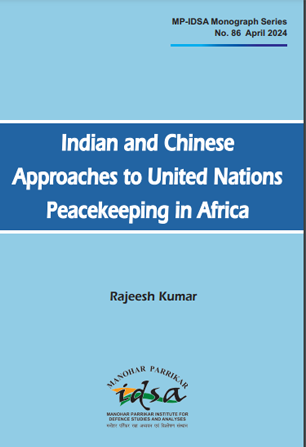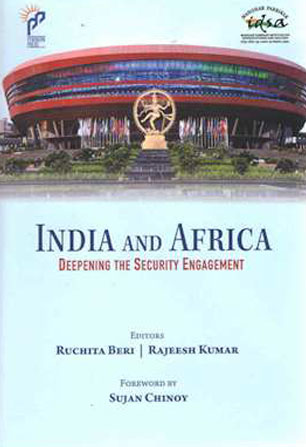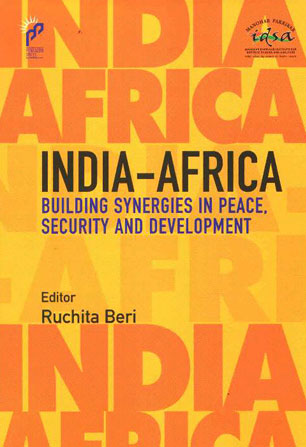US To Begin Troop Withdrawal from Iraq
After prolonged political and diplomatic negotiations between Iraq and the United States, President George Bush announced on September 9 the decision to withdraw around 8000 troops by the end of February 2009. The withdrawal would be done in a phased manner - a Marine battalion by November 2008 and an Army brigade by February 2009.
- Prasanta Kumar Pradhan
- September 16, 2008










